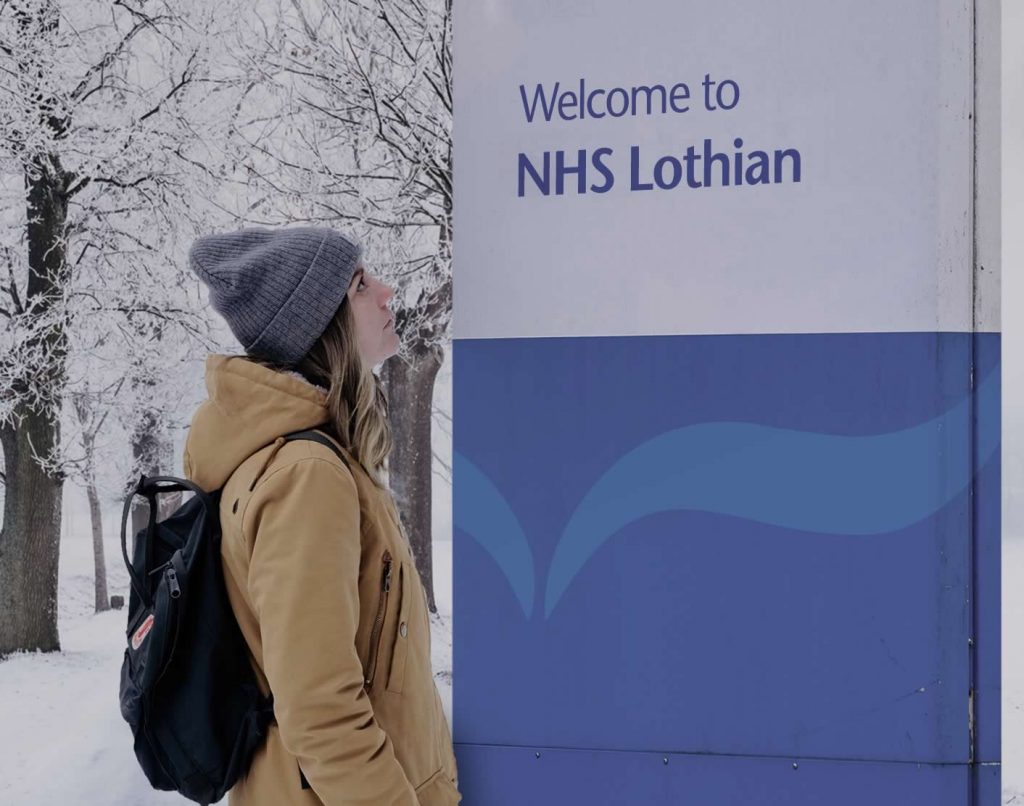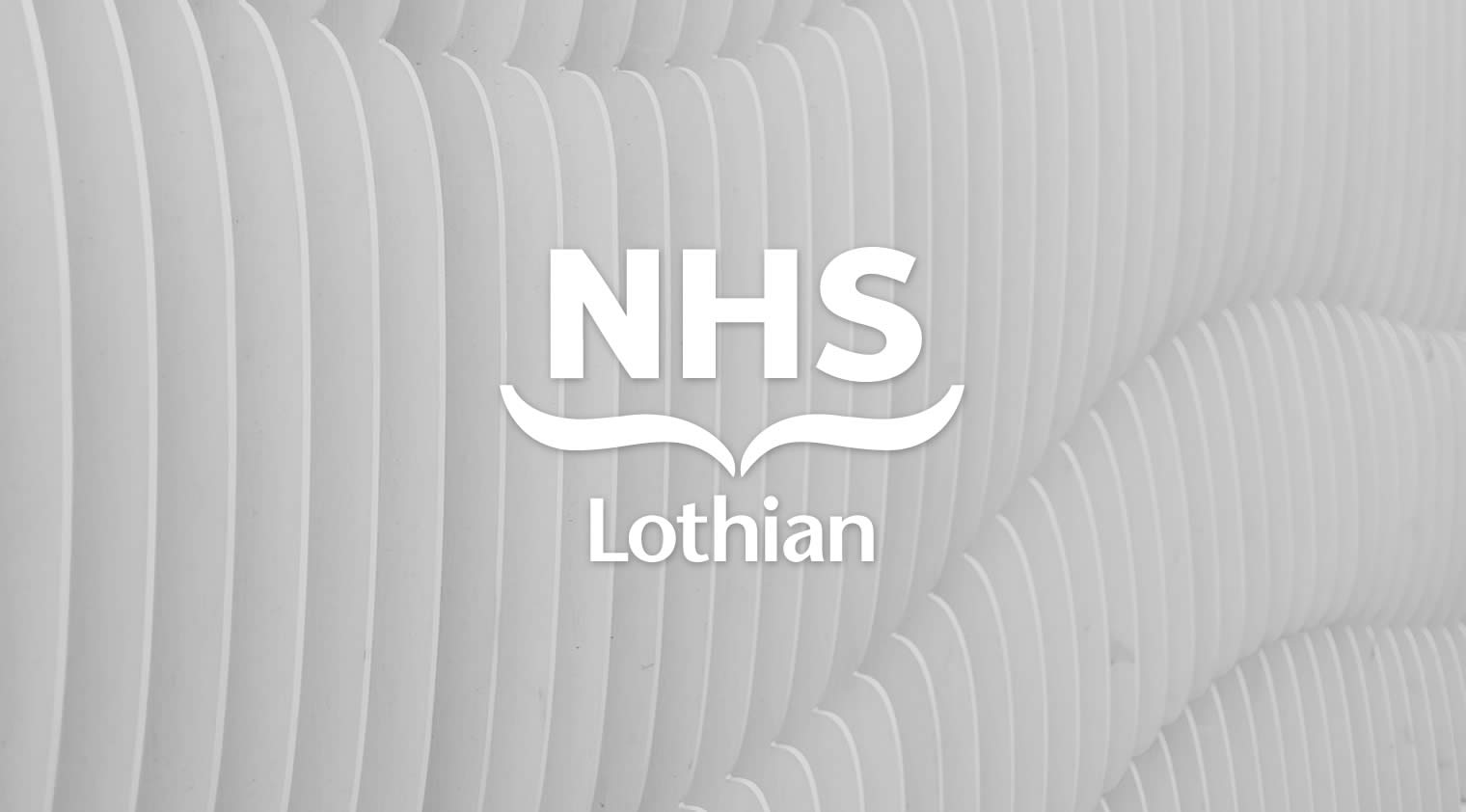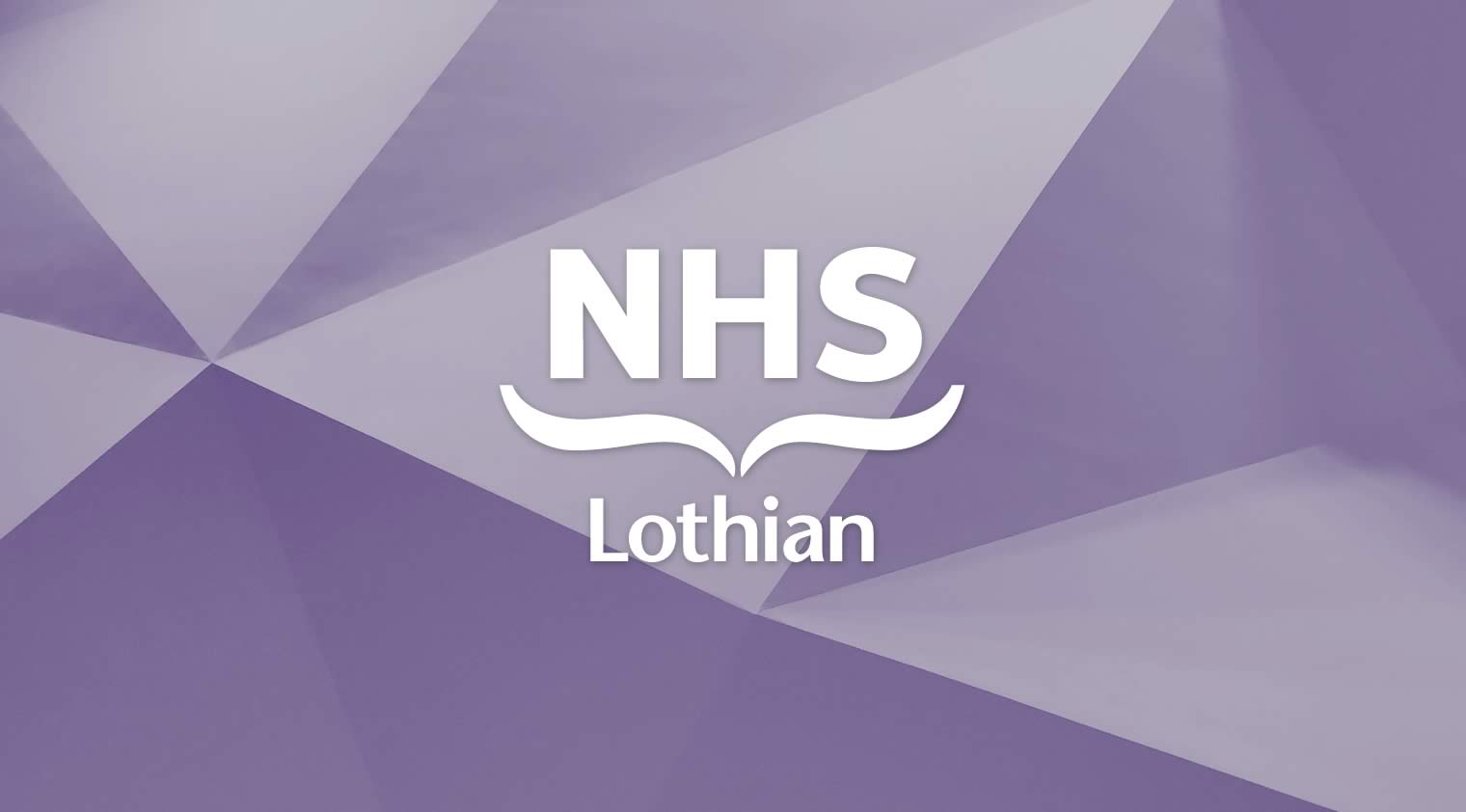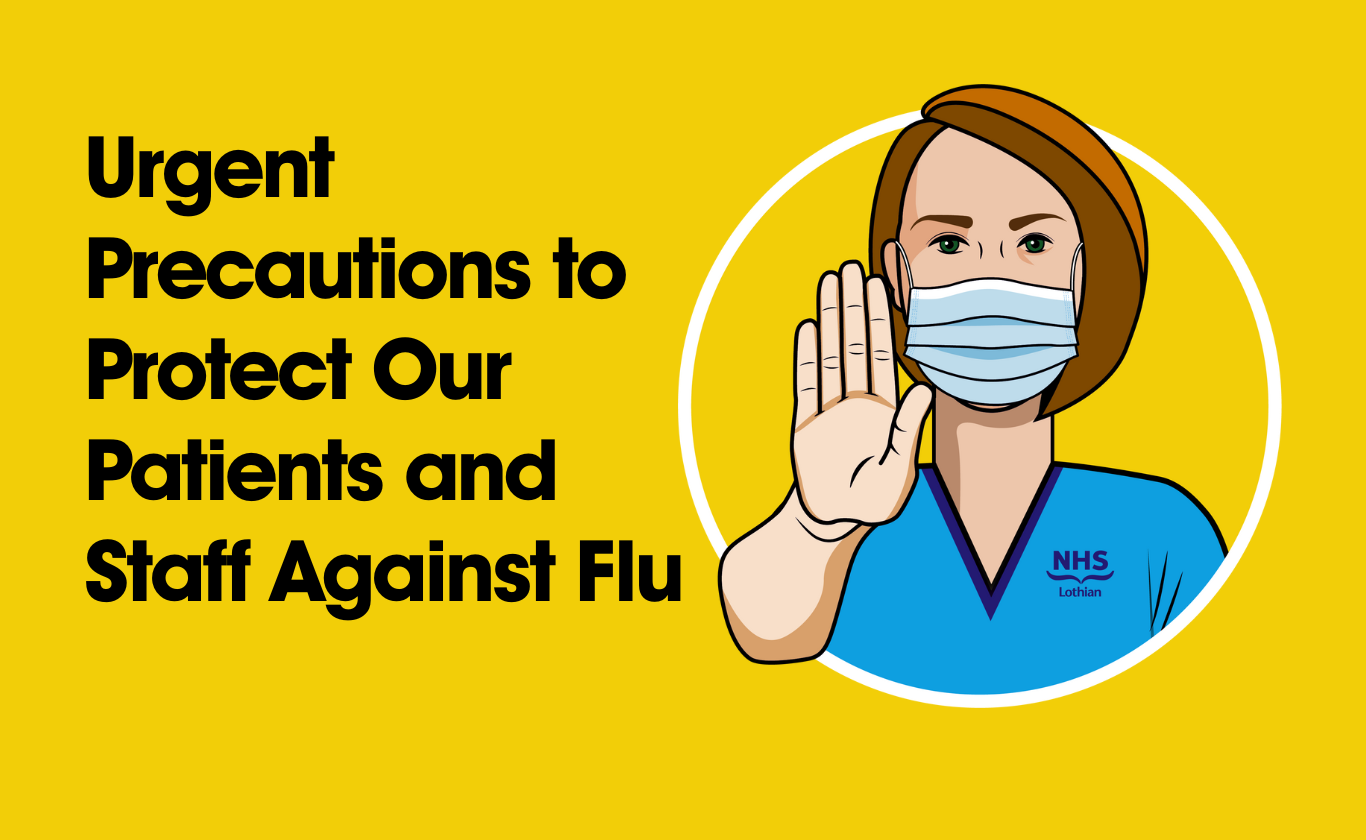In the face of unprecedented levels of demand, East Lothian Health and Social Care Partnership (HSCP) has today (Wednesday 1 September) outlined the actions they are taking to ease pressure on staffing and services across the county.
Anticipating the position is likely to worsen over the winter period, East Lothian HSCP shared plans on how it aims to enhance the resilience of services to ensure safe staffing levels and the best care for patients.
Staffing will be consolidated at the East Lothian Community Hospital in Haddington in order to ease the additional pressure caused by high levels of absence due to sickness and the need for staff to self-isolate. Six inpatient beds, and the staff who support them, will temporarily relocate from Edington Cottage Hospital, North Berwick to the East Lothian Community Hospital. The plan also involves the addition of enhanced community health services to be based at the Edington Hospital.
Alison MacDonald, Chief Officer of East Lothian HSCP said “While the decision to relocate the six inpatient beds at Edington Cottage Hospital was very difficult, it has been made to ensure that patient safety is maintained.
“We are approaching what could be one of the most challenging winters on record for the NHS, coupled with the continuing threat posed by the COVID pandemic. This reality is the reason why we must act now, in a planned way, to consolidate staffing and ensure that we can maintain patient safety, continue to deliver quality care and protect the wellbeing of our hard-working staff.”
The relocation of the inpatient beds to East Lothian Community Hospital is temporary and will be reviewed every three months. We will be continuing to care for the small number of patients currently in the unit and to support them when they are ready to move on to their planned discharge destination. The GP service that is currently based at Edington Cottage Hospital will remain in place.
Included within the plans is an expansion of the Community Treatment and Care (CTAC) teams based at the Edington Cottage Hospital. The team, which is much valued among the local community, will continue to provide essential services, including management of minor injuries, dressing of wounds, removal of sutures, ear syringing and taking blood samples in preparation for chemotherapy. The service, which was previously only available on a limited basis, will now operate five days a week.
Also being introduced is a new physiotherapy service which is likely to be especially beneficial over the winter months, when demand for this type of service always increases. As well as providing specialist rehabilitation for all musculoskeletal conditions, the team are also able to arrange investigations and, if necessary, refer patients for onward secondary care.
In recognition of the continued prevalence of COVID-19 within our communities, a range of drop-in vaccination clinics continue to be located across East Lothian, offering both first and second doses of the vaccine to residents. The latest of these clinics will be available at Edington Hospital.
Ms Macdonald said these measures are part of wider investment in the county’s services to ensure they are prepared to meet the growing challenges faced by hardworking staff. “We know that people do better in their own homes or in in a homely setting wherever possible so we are also investing in the teams who work to reduce the need for people to be admitted to hospital in the first place, and who help patients leave hospital for their ongoing care when they are ready. “
Ms Macdonald paid tribute to staff who, she said, had been working under immense pressure throughout the pandemic. “We couldn’t do any of this without the dedication of our staff who always put their patients first. I want to thank them for their ongoing commitment and assure those who are transferring to the East Lothian Community Hospital that we will support them to make that transition as smooth as possible.”
Professor Alex McMahon, NHS Lothian’s Director of Nursing, Midwifery and Allied Healthcare Professionals said “Patient safety is always our number one priority. Whilst we understand the local community may have concerns, it is vital we make best use of our staff’s skills and allow for flexibility and effective bed management at this crucial time.
“We anticipate this winter will be an especially challenging time for NHS services, but the public can do so much to help us. We are asking people to remember that the way to access urgent care has changed. If you think you need to access urgent care including A&E, but it’s not life threatening, you should call NHS 24 day or night on 111 first. NHS 24 will direct you to the right care in the right place.
“It is important too to remember that there is self-care information on NHS Inform, and that local pharmacies, GPs, dental practices or opticians might be the most appropriate route to treatment and care. If it is an emergency always call 999 or go to your local A&E.”























